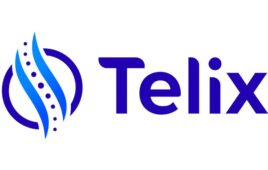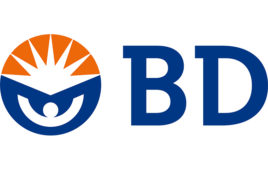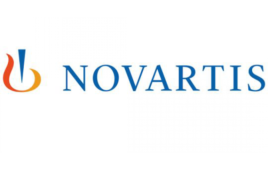Merger and acquisition (M&A) activity is expected to increase in 2013, according to a survey conducted by KPMG LLP, the U.S. audit, tax and advisory firm, and the Research practice unit of SourceMedia, the publisher of Mergers & Acquisitions. The survey of more than 300 M&A professionals in the U.S. found that 76 percent of respondents anticipate that their company will make at least one acquisition in 2013.
According to 60 percent of the M&A professionals, companies’ large cash reserves will drive deal activity and 40 percent acknowledged favorable credit terms as a supporting factor. Opportunities in emerging markets will also be a catalyst for deals, said 26 percent of respondents. Primary reasons for making acquisitions varied among the survey population, with 20 percent of respondents reporting that expanding geographic reach would be their primary motivator, while 19 percent cited a quest for profitable operations, followed by 17 percent who anticipated making acquisitions in order to enter a new line of business.
“Although there is still plenty of uncertainty in the markets, we will likely see M&A activity pick up as the year progresses,” said Dan Tiemann, Americas lead for KPMG’s Transactions & Restructuring practice. “Financing conditions continue to be positive. Many companies are holding large amounts of cash and the U.S. debt markets remain open.” Tiemann also added, “As part of efforts to pursue their growth agendas, companies will look to execute transactions that align with their business priorities and strategic road map.” Deal size is expected to remain on the smaller side, similar to 2012.
Seventy-nine percent of the survey population expects their deals to be valued at $250 million or less, and 12 percent foresee deals valued between $250 million and $500 million. Only two percent expect to engage in deals valued between $1 billion and $5 billion.
The survey results are consistent with marketplace trends, said Phil Isom, U.S. leader for KPMG’s Corporate Finance and Restructuring practice. “Middle-market deals continue to dominate. They are easier to finance and to justify to shareholders in what is still a somewhat uncertain economy,” he said.
The survey also examined respondents’ projections for M&A among specific industries, which indicate possible increased activity in the technology sector (39 percent), healthcare and pharmaceuticals sector (35 percent), and energy sector (31 percent). When asked which region would experience the most deals in 2013, 73 percent of respondents cited North America. Western Europe and China garnered 28 percent and 27 percent of responses, respectively.
Marc Moyers, KPMG’s national sector leader for Private Equity, agrees that technology and healthcare will continue to be attractive, especially for private equity investors. “The constantly evolving world of technology and investment opportunities that arise as we get more clarity around Obamacare will create attractive opportunities in those sectors,” he said. “Private equity investors will continue to seek out U.S. companies with significant upside potential, as well as emerging markets with strong growth opportunities.” Additionally, nearly two-thirds of the M&A professionals noted that deal activity would likely be most inhibited by recessionary fears and a slow growth environment. Thirty-one percent would credit sluggish deal activity to uncertainty surrounding the tax code, whereas concerns about Europe were cited by 23 percent and regulatory considerations by 20 percent.
Sixty-nine percent of survey respondents said they considered tax implications at the outset on a deal. “Every transaction — merger, acquisition, or restructuring — has tax implications,” according to Lisa Madden, U.S. leader for KPMG’s M&A Tax practice. “How the business is transferred, what jurisdictions the business operates in, and where the acquisition financing is placed within the enterprise can all have a major impact on the way a deal is structured and, perhaps most important, on its final value for stakeholders.” Integration challenges should also be analyzed at the inception of a deal. Survey results concluded that the most significant integration concerns are cultural issues (38 percent), human capital issues (36 percent), and operational and rationalization issues (34 percent).
With the prospect of significant synergy opportunities and the impetus to pay a higher price for assets to support long-term economic and strategic goals, corporate buyers will have an advantage over private equity buyers in the current deal environment, said 44 percent of the survey population. Thirty percent of respondents thought private equity buyers would have the advantage, while 17 percent responded that neither party would have the advantage.




